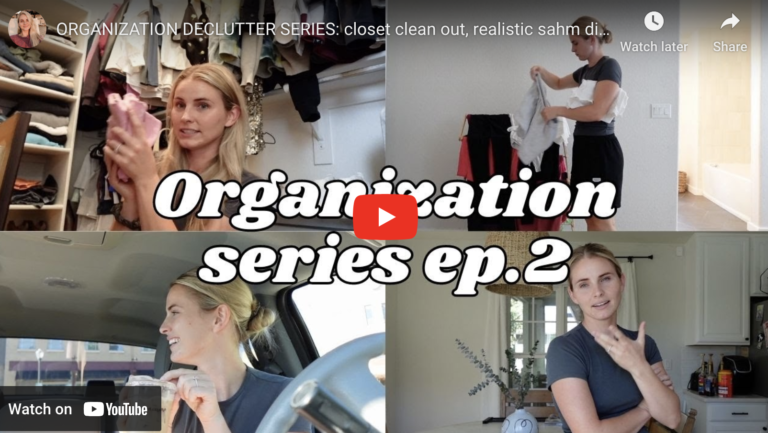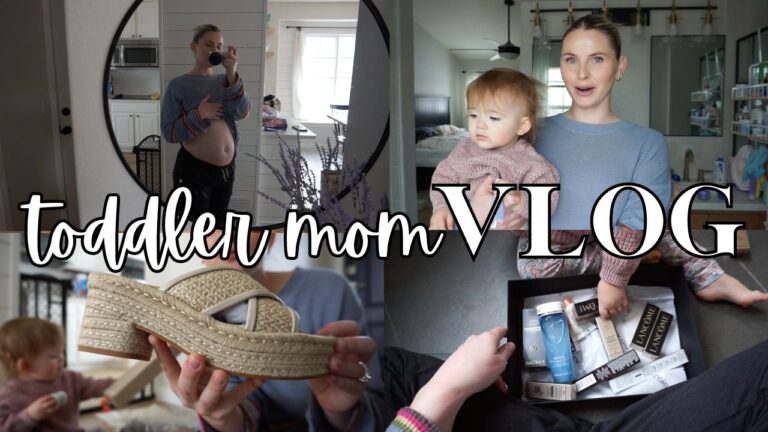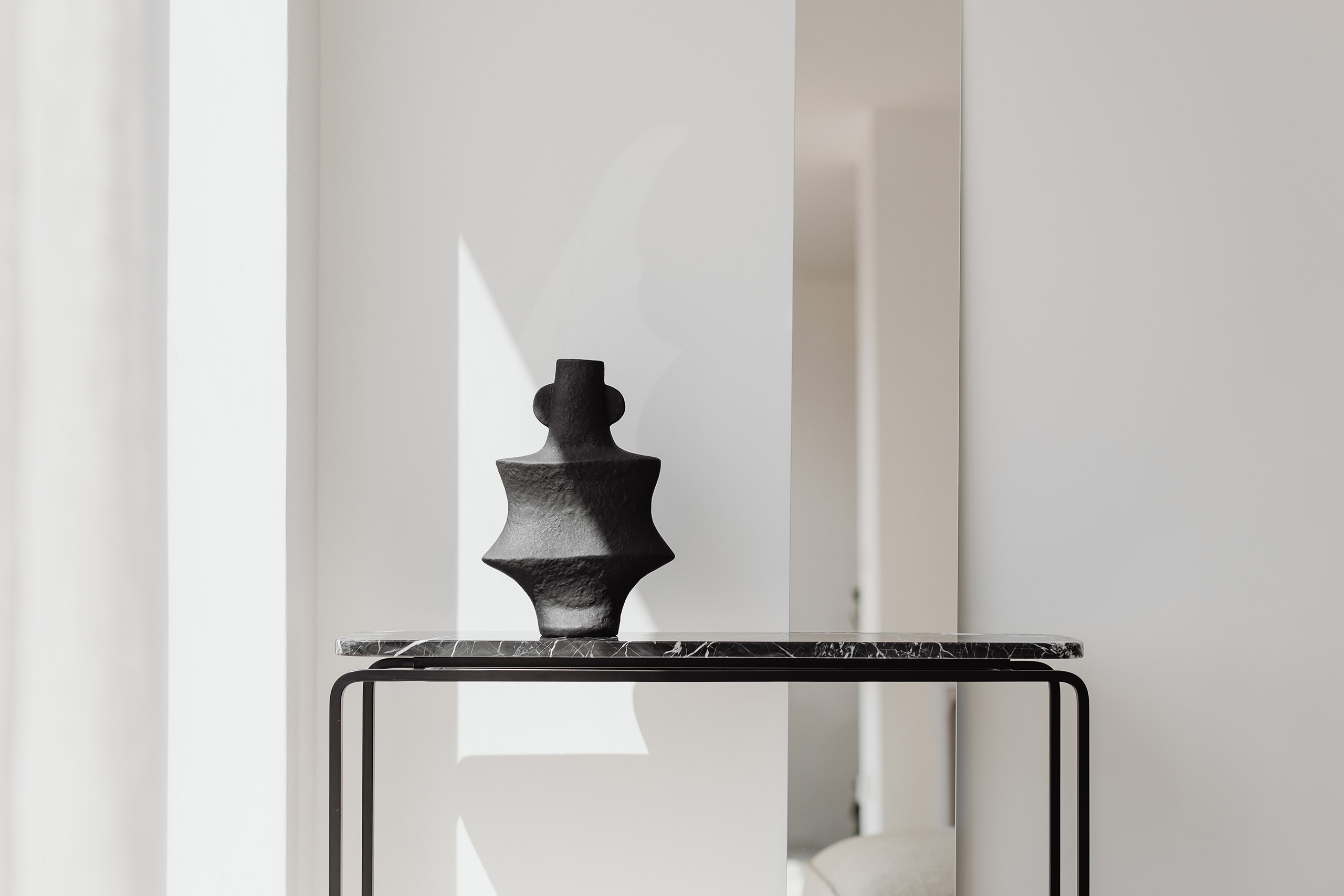Newborn Sleep Essentials: The Ultimate Guide for New Parents
Welcoming a newborn into your life is a joyous occasion, but it often comes with its own set of challenges, especially when it comes to sleep. Ensuring your baby sleeps well is crucial for their development and your sanity. In this guide, we will explore the must-have essentials for newborn sleep, helping you create a safe, comfortable, and restful environment for your little one.
All products that we use to get our babies to sleep well are shown at the bottom of this post!! These are all products we are obsessed with and use daily! Tips and sleep tricks are written below 🙂
The Importance of Newborn Sleep
Newborns need a lot of sleep – typically 14 to 17 hours a day. Quality sleep is vital for their growth and development, impacting everything from brain development to immune function. As a new parent, understanding and facilitating good sleep habits from the start can set the stage for healthier sleep patterns as your child grows.
1. Safe Sleep Environment
Creating a safe sleep environment is the first step in ensuring your newborn sleeps soundly and safely. Follow these guidelines to reduce the risk of Sudden Infant Death Syndrome (SIDS) and other sleep-related issues:
A. Crib or Bassinet
Choose a crib or bassinet that meets current safety standards. The mattress should be firm and fit snugly without gaps. Avoid using soft bedding, pillows, or toys inside the sleep area.
B. Room Sharing
The American Academy of Pediatrics recommends that newborns sleep in the same room as their parents, but not in the same bed, for at least the first six months. Room sharing without bed sharing can reduce the risk of SIDS by up to 50%.
C. Proper Temperature
Keep the room at a comfortable temperature – around 68-72°F (20-22°C). Overheating can increase the risk of SIDS, so dress your baby appropriately for the temperature and avoid heavy blankets.
2. Swaddling
Swaddling can help your newborn feel secure and prevent the startle reflex from waking them. Use a lightweight, breathable blanket and follow safe swaddling practices to ensure your baby’s hips can move and breathe freely.
How to Swaddle:
- Spread the blanket flat and fold down one corner.
- Lay your baby on their back with their head above the folded corner.
- Straighten their left arm and wrap the left corner of the blanket over their body, tucking it under their right side.
- Fold the bottom of the blanket up over their feet.
- Straighten their right arm and wrap the right corner over their body, tucking it under their left side.
3. White Noise Machine
White noise machines can mimic the comforting sounds of the womb, helping your newborn fall asleep and stay asleep. The consistent sound can also drown out household noises that might disturb their sleep.
4. Blackout Curtains
Blackout curtains help create a dark environment, signaling to your baby that it’s time to sleep. This can be particularly helpful for daytime naps and establishing a consistent sleep routine.
5. Comfortable Sleepwear
Dressing your baby in appropriate sleepwear is crucial for their comfort and safety. Opt for onesies or sleep sacks made from breathable, natural fabrics like cotton. Avoid clothing with hoods, strings, or loose parts.
6. Gentle Bedtime Routine
Establishing a calming bedtime routine can signal to your baby that it’s time to wind down and sleep. A typical routine might include:
- A warm bath
- A gentle massage
- Feeding
- Reading a short, soothing story
- Soft lullabies
Consistency is key, so try to follow the same routine every night.
7. Safe Sleep Position
Always place your baby on their back to sleep, for both naps and nighttime. This position significantly reduces the risk of SIDS. Once your baby can roll over on their own, you can allow them to find their preferred sleep position.
Conclusion
Creating the ideal sleep environment for your newborn involves a combination of the right equipment, a safe setting, and consistent routines. By focusing on these newborn sleep essentials, you can help your baby (and yourself) enjoy more restful nights. Remember, every baby is different, so it might take some time to find what works best for your little one. Stay patient, and don’t hesitate to reach out to pediatric experts if you need further guidance.
For more tips on newborn care and parenting, subscribe to our newsletter and follow our blog. Sweet dreams!







